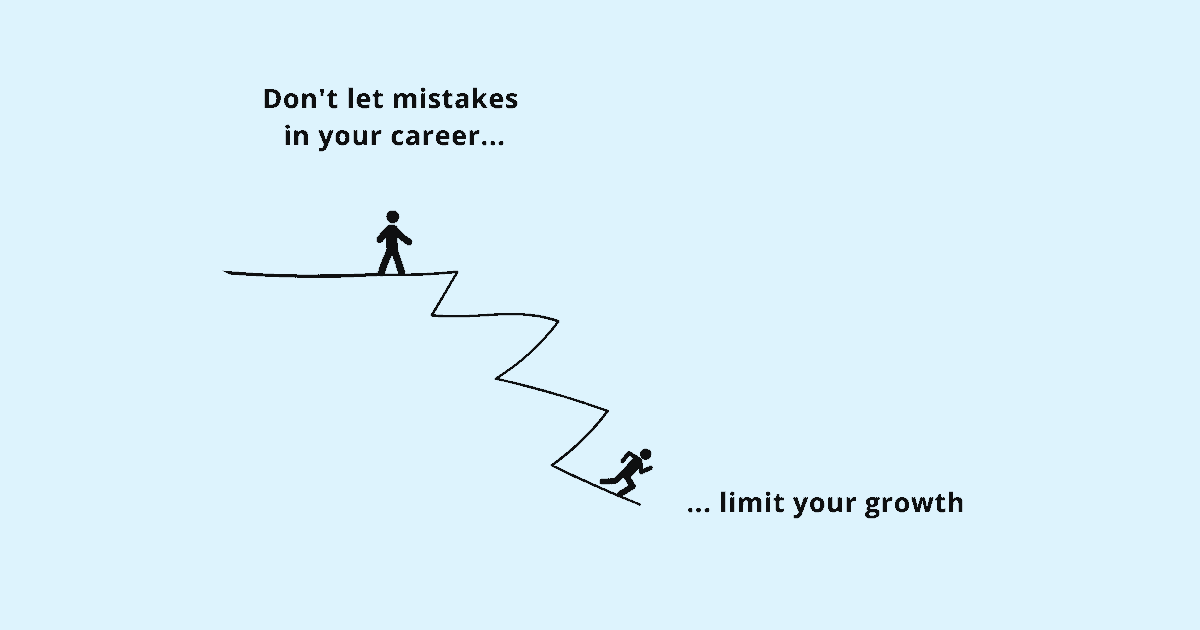Pluralistic Ignorance: Why Smart People Do Dumb Things

I was part of a 3 months rigorous boot camp designed to shake us out of the comfort of college life to the reality of the corporate world. At the boot camp, we were divided into groups with mentors and buddies assigned. With expectations to work hard and put in long hours, most days were fine. Except, there were days when I had no clue what the hell was going on.
People from different parts of the organization would come up to present their products and ideas. Our mentors also spoke at length about a bunch of different things. And while a small part of it made sense, most of it didn’t.
Instead of raising my hand, asking questions, and clarifying things I didn’t understand, I felt safe to keep quiet, hide my feelings, and simply play along.
My decision to sweep my ignorance under the rug was driven by my strong desire to fit in. It appeared as though everyone was nodding in agreement while I was the only one clueless about what was going on. The more confused I was, the more assured everyone else around me seemed.
Dan Ariely writes in Predictably Irrational “By the time we comprehend and digest information, it is not necessarily a true reflection of reality. Instead, it is our representation of reality, and this is the input we base our decisions on. In essence, we are limited to the tools nature has given us, and the natural way in which we make decisions is limited by the quality and accuracy of these tools.”
I didn’t know it at the time, but I now know that I was demonstrating a part of behavior called shared delusion or as psychologists call it pluralistic ignorance.
The term was coined by psychologist Floyd Henry Allport and his students Daniel Katz and Richard Schanck in the 1930s. Pluralistic ignorance is a psychological state in which we believe that our private thoughts, feelings, beliefs, attitudes and judgments are different from those of others and yet when part of a group, we all seem to behave in the same way.
In the example above, it was my fear of looking stupid that kept me from speaking up. But when others around me didn’t speak up too, I assumed they understood everything. In other words, my assumption of what caused my behavior varied significantly from my interpretation of the same behavior in others.
What causes pluralistic ignorance
There’s often a discrepancy between how we feel and social and cultural norms that dictate how we are expected to behave. It’s this conflict that gives rise to pluralistic ignorance.
Consider this example. Imagine you got a promotion, a new project, or a tough challenge. It’s likely that you would feel uncertain, engage in self-doubt and worry about the outcome. And yet, you are expected to hide your discomfort, never to share your fears and appear confident.
In another example, the unspoken culture at your work may dictate a “no questions asked” attitude to work assigned by someone senior in the organization. What should you do when you do not agree with what they are asking you to do? You may strongly feel that it’s not the best strategy, approach, or even something you should pursue as a team, but you may fail to speak up as it requires going against the cultural norms dictated by your organization.
It’s these expectations combined with the belief that others behave a certain way only because they genuinely believe in it makes you put on a show too.
It’s like Hans Christian Andersen’s story The Emperor’s New Clothes. Everyone can see that the king isn’t wearing any clothes but believe that others can see them. The assumption that what they are seeing is different from what others are seeing tells them to keep quiet as speaking up requires risking their intelligence. The pluralistic ignorance in the story comes to light only when a child points out that the emperor isn’t actually wearing any clothes.
We do not conform to cultural and behavioral expectations around us that exist, but to a version we believe exists. Stuck in a vicious cycle of pluralistic ignorance, we continue to support the very behaviors we deem bad.
Call it peer pressure, fear of rejection, our desire to fit in, or simply the fear of standing out, we think one thing and do another because we are deluded about other people’s real views and feel compelled to adhere to that delusion.
How pluralistic ignorance impacts work
Dave Trott writes in One Plus One Equals Three “Nowadays, if anything is controversial we don’t talk about it. We sweep it under the carpet. Just in case it should make us uncomfortable. So we avoid talking about things. And that can’t be good. Stopping talking about things is the first stage in stopping thinking about things.”
In a group setting, most of us look for cues from people around us to determine how to act. If everyone is engaging in a certain behavior like nodding to a company’s strategic advice even though it makes no sense, you may feel pressured to do it too.
If you believe that your teammates are comfortable with your manager’s toxic behavior even though you secretly despise it, you may continue to tolerate it even though it makes you miserable.
You may fail to acknowledge excessive job workload or ignore high levels of work stress with the assumption that everyone else in your team is doing just fine.
Pluralistic ignorance can also magnify your feelings of being an imposter. You may think that other people around you are smart, talented and they deserve what they have, but you don’t. If you are the only one with feelings of self-doubt while everyone around you appears confident, then you must be a fraud.
Research shows that pluralistic ignorance impacts decision‐making, business ethics, group dynamics, performance appraisal, and may even lead to burnout at work.
What can you do to avoid falling for pluralistic ignorance?
It isn’t possible to completely rid yourself of pluralistic ignorance. The best you can do is to acknowledge that it exists and question your assumptions:
- What makes me believe that I am the only one feeling this way?
- How can I validate that my experience is not unique but rather a shared experience?
- Why do I care so much about how others feel, what they know, or what they want?
- What’s the worst that can happen if I say what I need to say or do what I need to do even if everyone else disagrees with it?
- What’s more important – taking action or inaction?
By questioning your assumptions and channeling your thoughts in the right direction, you can reduce the effect of pluralistic ignorance and build the confidence required to voice your opinion, challenge preconceived notions and get over your own self-perceived limitations.
Stop caring about what other people think and start caring about what you want.
Summary
- It’s true that our thoughts, feelings, and emotions are only visible to us. But it’s also true that we make unwarranted conclusions about others’ behavior in similar situations.
- Social and cultural norms combined with our assumption that others’ behaviors reflect their genuine feelings make us adhere to group behavior even though we may not believe in it, like it or even consider it appropriate.
- The desire to fit in hijacks our personal belief system making us say and do things that conflict with our principles and values. Psychologists call this shared delusion as pluralistic ignorance.
- Pluralistic ignorance keeps us from asking questions, voicing our disagreement and makes us adhere to questionable behaviors and practices at work.
- The only way to avoid its impact is to rely less on our faulty judgments and learn to challenge our own beliefs and assumptions.





























